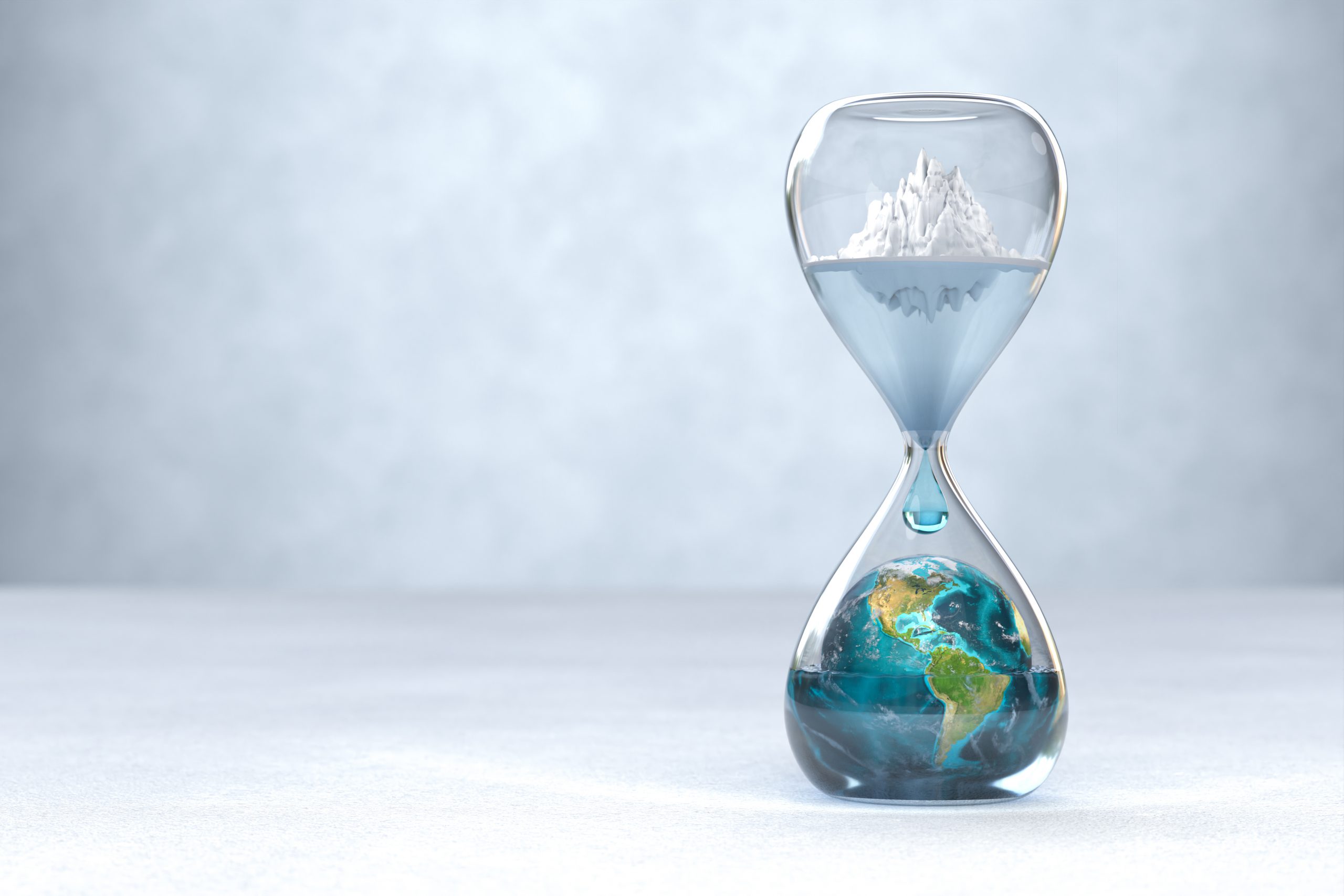Saving on utilities concerns a lot of people because every penny you save can help boost your finances so you can deal better with your needs. What a lot of people don’t realize though is that saving on one utility can actually bring about savings in another, such as in the case of water and energy.
Don’t believe in water energy saving?
An energy policy report that was published by the California State in 2005 points out that that energy consumption that is water-related in the state accounts for 19% of energy consumption, 32% of natural gas consumption, and 88 million gallons of diesel fuel. And in the country, 13% of total energy consumption in the US is used on water. This kind of correlation shows that bolstering water efficiency will allow a reduction in water use that saves on energy, thus letting consumers enjoy lower energy bills. The Santa Clara Valley Water District further reiterates the benefits of water energy saving by releasing the results of their water conservation program, revealing that from 1993 to 2006, around $183 million have been saved or 1.42 billion kilowatt-hours which translates to energy use by 207,000 households for a year.
Fortunately, water energy saving doesn’t have to be a state policy in order for you to take advantage of it because it is simple enough to implement in your own home. Some of the ways you can make your home more water-efficient include:
- Fixing leaks.
Leaks that cause a drip every second can lead you to pay an extra dollar every month. Aside from saving you at least a dollar every month, fixing leaks will also help you dramatically reduce your household’s use of hot water because you don’t lose any of it. - Installing low-flow fixtures.
Faucets with flow rates of not over 2.5 gpm at 80 psi cost between $10 and $20. Very cheap investments considering you can save anywhere between 25% and 60% in energy costs when you have them installed in your home. - Using a dishwasher.
It is common assumption that washing your dishes by hand will allow you to save on energy costs because you don’t use as much hot water every time you do the dishes. However, doing the dishes several times a day can lead to higher energy bills because you end up using more hot water in the long run compared to what you would pay for with a water energy saving dishwasher that is operated only with full loads and used properly.
